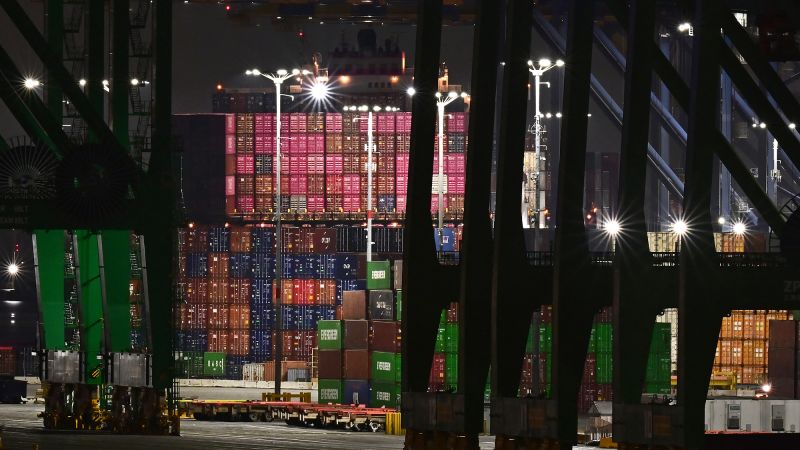Small Business Owners Warn: Trump's Massive China Tariffs Could Spell Economic Disaster

Small businesses are facing a critical economic challenge as they struggle to navigate skyrocketing import costs and limited domestic sourcing options. According to industry experts, entrepreneurs may be forced to take drastic measures to survive, including implementing strategic price increases, reducing workforce, postponing expansion plans, or potentially closing their businesses altogether.
The current economic landscape presents a complex maze of challenges for small business owners, who are caught between rising operational expenses and the need to remain competitive. With limited alternatives for sourcing materials and supplies, many are finding themselves cornered into making tough decisions that could fundamentally alter their business models and long-term sustainability.
Experts warn that these pressures could trigger a domino effect, potentially impacting local economies and job markets. Small businesses, often considered the backbone of economic growth, are now at a critical crossroads where survival strategies will determine their ability to weather the current economic storm.
